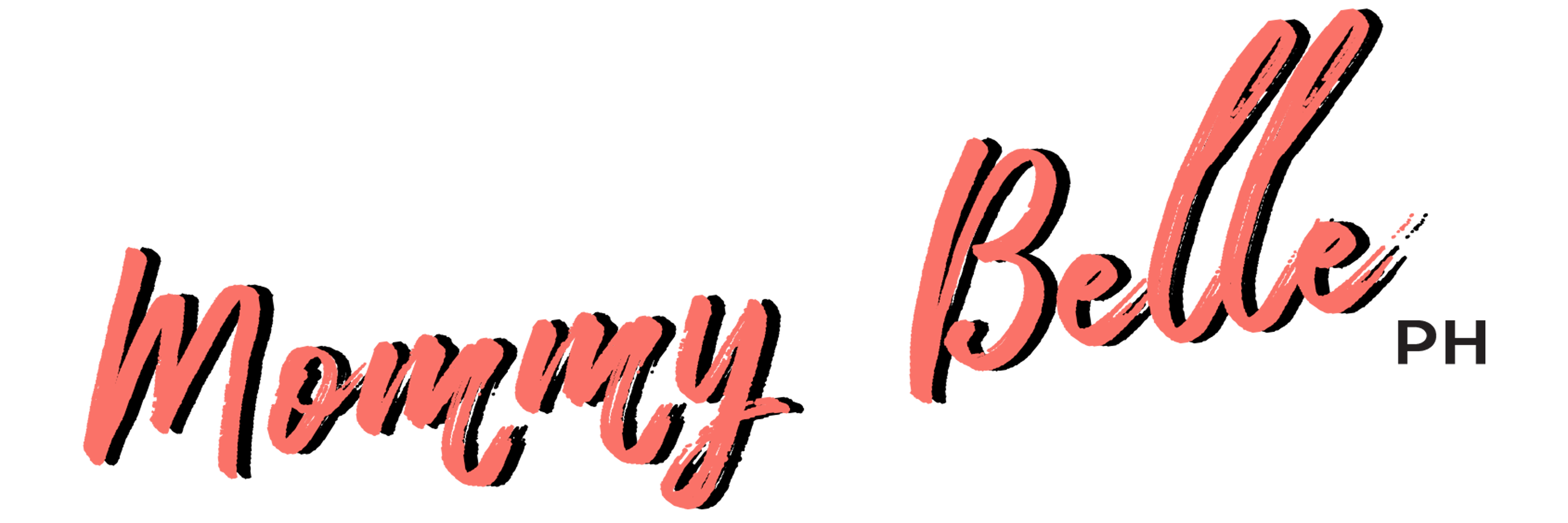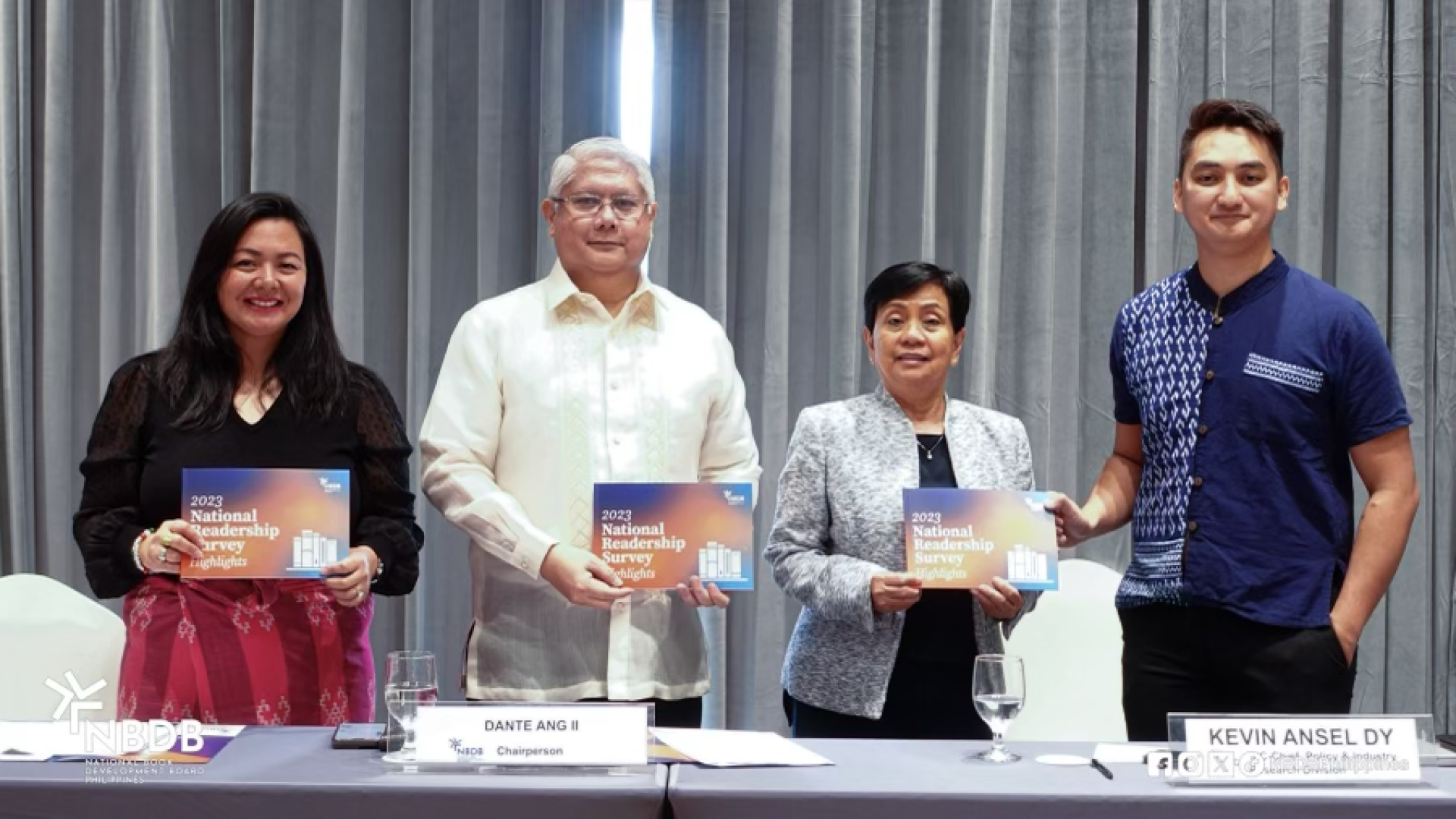The National Book Development Board (NBDB) urges policymakers, educators, community leaders, and stakeholders to prioritize readership and literacy initiatives, while also involving parents in efforts to make reading more accessible to all segments of the population.
This call follows the release of the 2023 National Readership Survey (NRS) results, showing a notable decline in non-school book readership among Filipino adults and children. The survey revealed adult readership at 42% and children at 47% in 2023. Access to books emerged as the primary reason for the decline, with limited awareness of public libraries and constraints like time and distance cited as barriers to visits.
These results have prompted the NBDB to reaffirm its commitment to bolstering existing programs and policies to reignite a love for reading among Filipinos.
“These findings, which provide a much-needed nuanced understanding of Filipinos’ reading habits and preferences, reinforce the fact that access to quality books remains a pressing issue in book publishing and education, so the sectors’ focus now clearly has to be on addressing gaps in access,” said NBDB Chairperson Dante “Klink” Ang II.
Moreover, Chairperson Ang stated that the NBDB and its partners will examine various proposals to develop meaningful policy directives aligned with the objectives of Republic Act No. 7743, which aims to establish congressional, city, and municipal libraries, along with barangay reading centers nationwide. According to a 2018 study by the National Library of the Philippines, only 3% of LGUs have local libraries across the country.
“One of the main hindrances to reading revealed by the survey is access to reading facilities such as public libraries, particularly in the provinces. Some of them are really beyond the reach of those living in mountainous areas, for example. Besides expanding the Book Nook project, we will also work to bring libraries closer to the people,” Chairperson Ang added.

Meanwhile, NBDB Executive Director Charisse Aquino-Tugade emphasized the significance of enhancing NBDB’s readership efforts, particularly through initiatives like the Book Nook project. This project establishes reading and storytelling centers across the Philippines, featuring locally published books and serving as distribution hubs for publishers. By offering quality books in various Philippine languages, the Book Nook project addresses access and literacy issues in a single space, fostering education and community engagement in a safe and inclusive environment where visitors can participate in activities, borrow books, and take them home at no cost.
Additionally, the Philippine Book Festival (PBF) promotes a robust reading culture while providing guidance on institutional book purchases. Like the Book Nook project, the PBF brings quality books to readers nationwide while facilitating collaboration between major buyers of educational resources and Philippine publishers.
To encourage involvement in the local book economy, NBDB launched Booklatan sa Bayan, inviting both avid and passive readers to explore literature and culture. NBDB collaborates with reading advocacy groups such as the Reading Association of the Philippines, the Philippine Librarians Association, Inc., and the Adarna Group Foundation, Inc., to synergize efforts in enriching the nation’s reading culture.
“Programming must work hand in hand with policy. Besides readership programs, we will push for policies that democratize distribution and enable publishers to publish more affordable books,” Executive Director Tugade emphasized.
“These survey findings should serve as a call to arms: an opportunity to acknowledge and better understand the current state of readership, to reframe the problems they pose in a way that we are pushed to act and change them rather than dwell on them. If attitudes toward reading are less than desirable, then the responsibility to create environments that make reading possible lies with us. The NBDB is hopeful and renews its commitment to better its programs and policies,” Executive Director Tugade added.
The NBDB highlighted that, according to the survey findings, overall attitudes towards books and reading remained positive. The majority of respondents recognized the importance of books beyond educational and professional contexts. Key insights from the survey included the most popular non-school book (NSB) genres among adults (the Bible) and children (picture books), the preferred reading language (Filipino for both age groups), preferred formats (printed books for both age groups), and primary considerations when selecting NSBs (availability for both age groups).
The NBDB enlisted the Social Weather Stations (SWS) to conduct the 2023 National Readership Survey from November 14th to 20th, 2023, with a sample size of 2,400 adults aged 18 and above, and 2,400 children aged 8-17. This survey is the most comprehensive examination of Filipinos’ reading habits and preferences and is expected to provide invaluable insights for the agency’s readership-focused initiatives.





